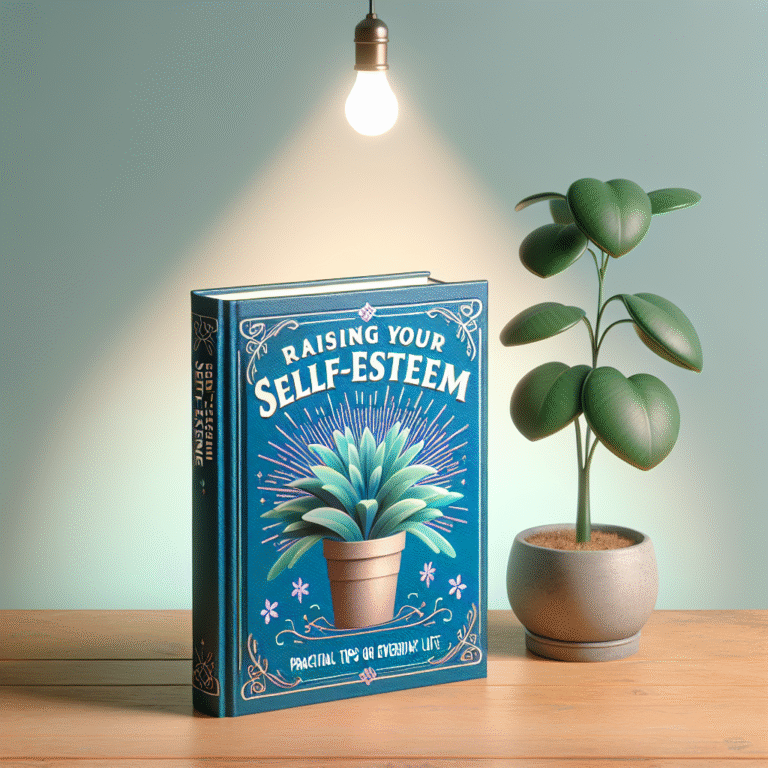
Introduction
In a fast-paced world where adaptability and creativity often dictate success, the importance of play in early childhood can’t be overstated. Often dismissed as mere fun, play—especially symbolic play—profoundly shapes the skills children will need for their futures. From Pretend to Prosper: How Symbolic Play Shapes Future Skills examines this crucial connection, shedding light on how playful imaginings can lead to real-world achievements. Engaging in pretend scenarios not only fosters imagination, but also cultivates essential life skills like problem-solving, collaboration, and emotional intelligence.
As we navigate through this exploration, we will uncover the intricacies of symbolic play and its nutrients for mental growth. So, let’s embark on this journey, where whimsy meets wisdom.
The Science of Symbolic Play
What is Symbolic Play?
Symbolic play refers to a type of play where children use their imagination to represent something else. This could range from pretending a stick is a sword to making a blanket into a fort. According to developmental psychologist Jean Piaget, symbolic play is a key aspect of cognitive development, allowing children to convey complex thoughts and emotions.
Cognitive Benefits
Engaging in symbolic play enhances cognitive abilities. Here are some lovely distinctions:
| Cognitive Skills | Description |
|---|---|
| Imagination | Expands creativity and problem-solving skills. |
| Language Development | Encourages vocabulary expansion through dialogue. |
| Perspective-taking | Helps children understand viewpoints different from their own. |
Emotional & Social Benefits
Children learn to navigate social complexities through pretend play. They practice empathy, cooperation, and conflict resolution—all pivotal skills in later life.
Case Study: The Magic of Make-Believe
A case study in a preschool in Boston examined the impact of role-playing in a structured environment. Children engaging in a "grocery store" environment learned not only math skills—like counting and price comparison—but also improved their ability to share and negotiate, leading researchers to establish a direct link between symbolic play and essential social skills.
Emotional Intelligence
Emotional intelligence (EQ) is increasingly recognized as equally important—if not more so—than traditional intelligence (IQ). From Pretend to Prosper: How Symbolic Play Shapes Future Skills posits that these early pretend scenarios set a foundation for mature emotional responses.
Social Skills Development
In a role-playing exercise, children practice taking turns and understanding group dynamics. The act of negotiating roles—who will be the doctor or the patient—mimics the complexities of adult life, providing a safe space to understand interpersonal relationships.
Symbolic Play in Different Cultural Contexts
Cross-Cultural Perspectives
Symbolic play manifests differently across various cultures, an understanding that enriches our comprehension of its role in skill development. For instance, children in community-based cultures may engage in group learning, whereas Western children often play alone or in small groups.
Case Study: Traditional vs. Modern Play
A study comparing the symbolic play of children in rural Africa versus urban America found stark contrasts. African children often engage in communal play, fostering teamwork and collective problem-solving. In contrast, American children displayed more individualistic play, fostering independence yet sometimes lacking collaborative skills.
Strategies to Encourage Symbolic Play
Create a Rich Environment
To foster skill development through symbolic play, parents and educators can create rich, imaginative environments.
- Diverse Materials: Offer a variety of unstructured play materials (blocks, fabric squares, etc.).
- Role-Playing Opportunities: Set up scenarios to encourage imaginative interaction—like a kitchen or a doctor’s office.
- Freedom of Expression: Allow children to lead their play narratives without interruptions.
Table: Play Material Suggestions
| Material Type | Purpose |
|---|---|
| Blocks | Develop spatial awareness and creativity. |
| Costumes | Enhance role play and empathy. |
| Art Supplies | Foster creativity and expression. |
Encourage Storytelling
Encouraging storytelling enhances language development, allowing children to articulate their imaginative narratives. This also fosters listening skills as they share and exchange storylines with peers.
The Role of Educators in Fostering Play
Educator Training
Teachers and caregivers play a pivotal role in facilitating symbolic play. Proper training can ensure they recognize and support play as an essential development element, not simply an ancillary activity.
Incorporating Play into Curriculum
Many educators embrace a play-based learning approach in their curriculum. A study from Stanford University highlighted that classrooms incorporating symbolic play yielded higher student engagement and collaboration.
Case Study: The Playful Classroom
In a progressive school in Denmark, teachers incorporated unstructured symbolic play into daily lessons. The outcome? Enhanced problem-solving skills among students, who adapted learnings from play into academic contexts.
Conclusion
From Pretend to Prosper: How Symbolic Play Shapes Future Skills offers an invaluable perspective on the formative role of play. By engaging in imaginative scenarios, children lay the groundwork for crucial capabilities they will need throughout life. As parents, educators, and communities, it’s vital to recognize and actively nurture this playful exploration—because the seeds planted in childhood can blossom into remarkable futures.
FAQs
1. How can I support my child’s symbolic play at home?
Encourage your child to use everyday household items as props and foster scenarios they enjoy, whether it’s pretending to be a chef or an astronaut.
2. At what age does symbolic play begin?
Symbolic play typically begins around age 2 and becomes more complex as children grow.
3. Is there a downside to symbolic play?
While symbolic play is beneficial, ensure that playtime is balanced with structured learning to foster all areas of development.
4. How can educators assess symbolic play?
Educators can observe children’s interactions, focusing on language use, social skills, and creativity to gauge developmental progress.
5. Are there specific games that foster symbolic play?
Yes! Games like "Simon Says," dress-up, and puppet shows are fantastic for enhancing symbolic play skills.
By recognizing the significance of symbolic play, we can guide our children for a brighter, more prosperous future, empowering them to thrive in all aspects of life.


















